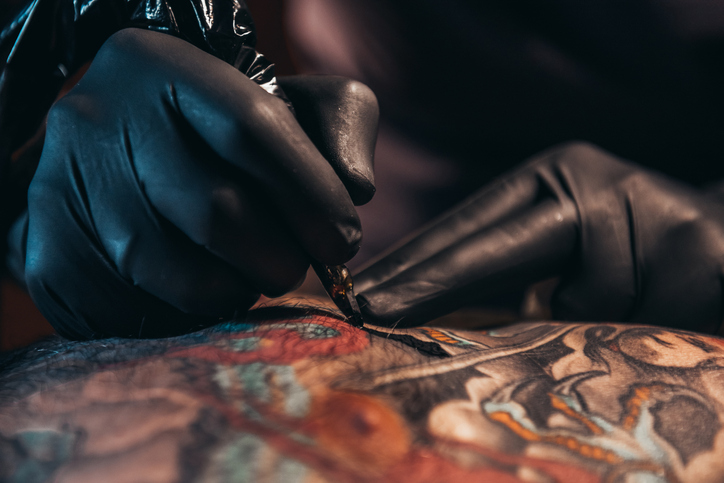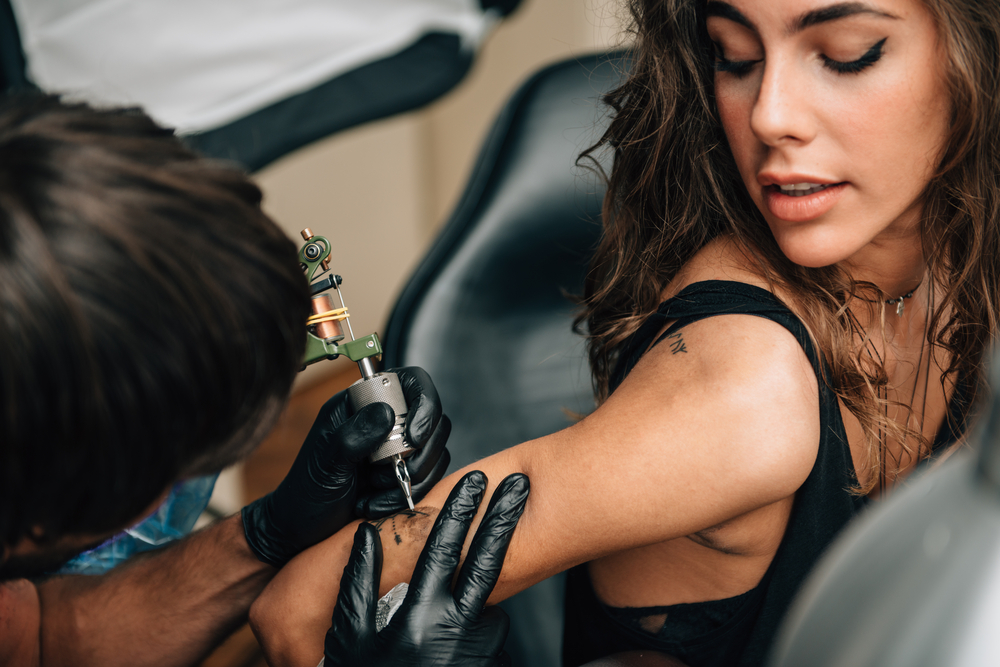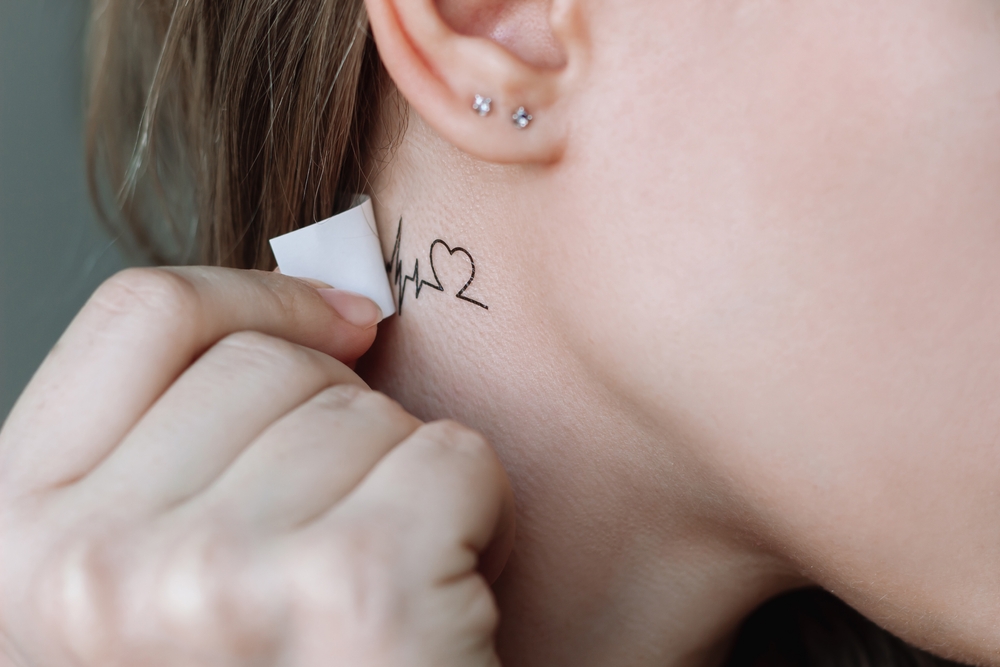The Bible on tattoos isn’t as clear-cut as some Christians would like to make it out. There’s a single verse that gets quoted a lot, but remember: the Bible was written in a very different time and culture. So, can a Christian get a tattoo and still be in good standing with God? Here’s what the Scripture has to say about it so you can draw your own conclusions.
1. There’s one verse that directly mentions body markings.

It’s in Leviticus 19:28: “You shall not make any cuts on your body for the dead or tattoo yourselves: I am the Lord.” Some take this as a literal ban on all tattoos, while others believe the historical context is key to understanding what God truly intended. So, what’s the real truth?
2. This verse was likely aimed at specific pagan mourning practices.

Neighboring cultures at the time practiced cutting and tattooing themselves as ritual expressions of grief or to worship certain gods. The Israelites were meant to be distinct, worshipping the one true God and rejecting those pagan practices.
3. The Bible doesn’t say anything about tattoos for purely decorative purposes.

Modern tattoos are often about self-expression, not religious devotion. This lack of direct guidance leaves room for individual Christians to decide based on their own interpretation and conscience.
4. Some Christians believe tattoos are defiling the body, which is a temple of the Holy Spirit.

This comes from 1 Corinthians 6:19-20, which encourages honoring God with our bodies. This verse can be interpreted in different ways. Some feel tattoos disrespect their body, while others see it as adorning God’s beautiful creation.
5. Other Christians focus on the intent behind getting a tattoo.

Is it glorifying something contrary to faith? Or expressing something meaningful about your faith? This perspective prioritizes heart motivation over the act itself. A cross tattoo might be fine, an occult symbol less so.
6. Historically, tattoos had various uses that weren’t always negative.

Early Christians sometimes tattooed themselves with crosses as a sign of devotion. It functioned like wearing a cross necklace today. Context matters – was the practice rooted in faith or something else?
7. The New Testament emphasizes Jesus’s sacrifice as superseding many Old Testament laws.

Dietary restrictions, ritual cleanliness rules…these became less central to faith once Jesus fulfilled the law. Christians disagree on whether this applies to the tattoo verse, or if body modification remains a moral issue beyond Old Testament context.
8. Ultimately, it boils down to personal conviction guided by prayer and wisdom.

Some Christians feel strongly that ANY tattoo is sinful. Others feel it’s fine as long as the content isn’t anti-faith. There’s room for respectful disagreement! Seeking God’s guidance for your OWN choices is what matters most.
9. Wisdom is key, especially if your tattoo might be a stumbling block for others.

Romans 14 talks about not doing anything that might cause a fellow believer to stumble in their faith journey. If someone in your church believes tattoos are sinful, getting inked where it’s visible might cause conflict or set a bad example for those struggling with the issue.
10. The Bible says much about the kind of heart God desires, which should guide all our choices.

Are you getting a tattoo out of rebellion or vanity? Or to express a deeply held belief or meaningful experience? The WHY matters as much as the physical act itself. God cares more about your inner transformation than your outward appearance.
11. If you have doubts, it’s probably best to wait.

Feeling unsure if a tattoo aligns with your faith? Don’t rush! Pray about it, seek guidance from trusted spiritual leaders, and genuinely listen to what the Holy Spirit whispers to your heart. Peace about the decision is important!
12. Grace for yourself and others is essential!

Judging someone’s faith based on whether they have tattoos is unloving. Likewise, feeling self-righteous if you choose NOT to get inked is the wrong spirit. We’re all on a journey, and God looks at the heart, not just the skin.
13. If your parents are against it, honor them even if you disagree.

Ephesians 6:1-3 talks about honoring your father and mother. While you’re under their roof, respecting their rules (even if you think they’re old-fashioned) builds character and avoids unnecessary conflict. You can always revisit the tattoo decision when you’re independent.
14. Tattoos are permanent, so choose wisely!

Rushing into a trendy design you’ll regret later is unwise, faith issues aside. Think carefully about the images or words you want permanently marking your body. Will they still hold meaning for you 10, 20, 50 years from now?
15. Consider temporary alternatives if you just love the look of tattoos.

Henna, those stick-on temporary tats…these options allow you to experiment with the aesthetic without long-term commitment. This gives you time to really consider if a permanent tattoo is something you truly want.
16. Ultimately, your relationship with God is more important than any body art.

Don’t get wrapped up in legalistic debates and miss the big picture! Growing in love, serving others, being a light in the world – this is what truly makes our lives beautiful, tattoos or not.
Enjoy this piece? Give it a like and follow PsychLove on MSN for more!



